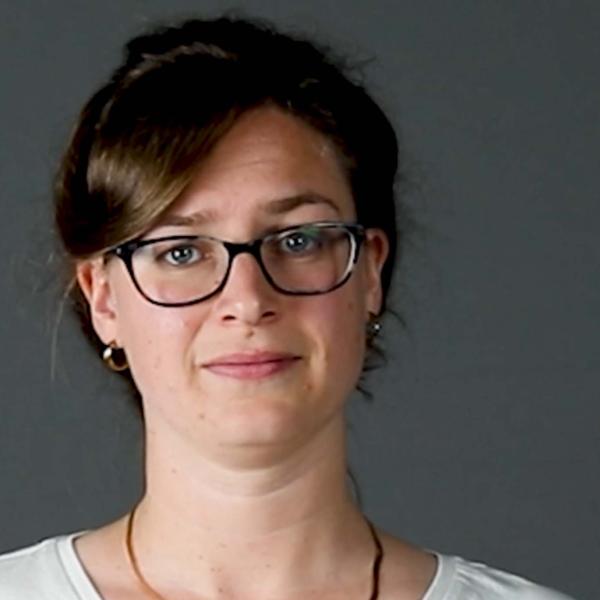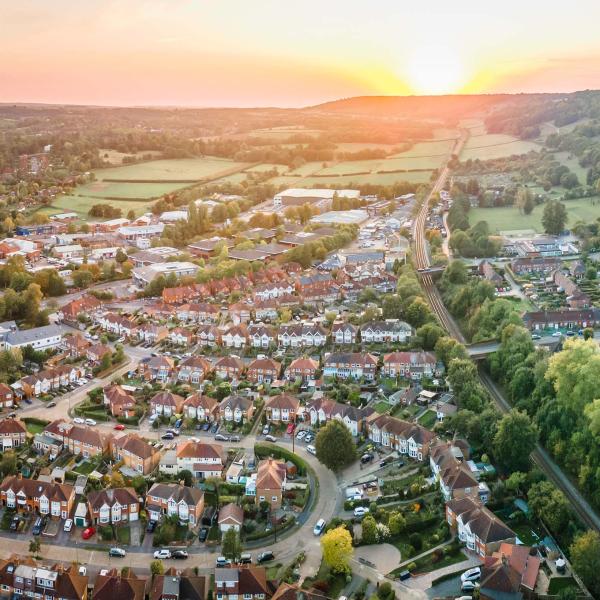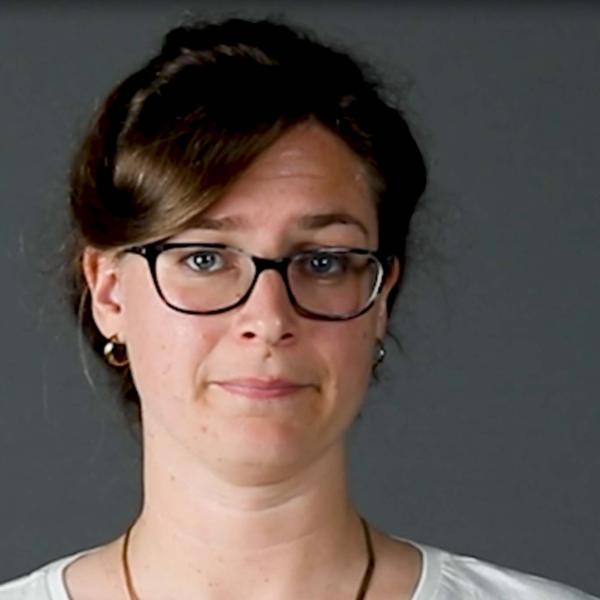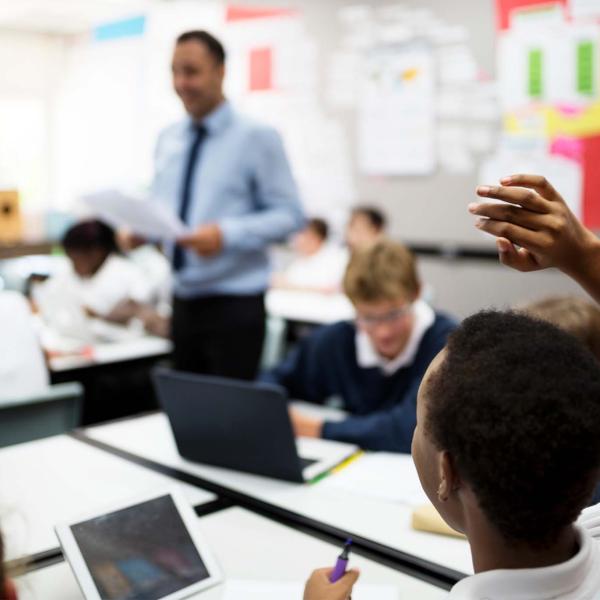What first attracted you to IFS?
As someone who really enjoyed academia and research but who also wanted to work on questions that are relevant and useful for policy the IFS had always attracted me. I have always had a particular interest in international development and wanted to pursue this post-university. When I discovered that the IFS worked on international development issues I knew that I definitely wanted to apply.
Which projects are you working on at the moment?
Within the broader research agenda on human capital accumulation in developing countries I work on two research areas – early childhood development and adolescent girls’ programmes. In the former I work on one project in India evaluating the impact on child and maternal outcomes of weekly home-visits for disadvantaged mothers. I also work on a project in Colombia which studies childcare centres. My work on adolescent girls is a project in India where we are evaluating the impact of weekly group sessions for girls and community campaigns to improve sexual and reproductive health outcomes.
What kinds of things do you do during a typical day at work?
My days vary a lot, which I really like. I quite often travel abroad to visit the projects I work on – this is usually to pilot questionnaires, to attend trainings of interviewers and to meet with our research partners overseas. Back in London, typically in one day I will work on a couple of different projects which are all in different stages. At the moment I have just finished writing a report for a project in Colombia which is nearly complete. I’m also spending time writing questionnaires for a study in India as well doing some initial data work for another new project in India. At the IFS work is very collaborative so I spend a good proportion of my time discussing work with colleagues.
What do you particularly enjoy about the job?
I find the projects I work on really interesting and rewarding. I love seeing the whole process of such research, from the initial ideas, to planning the study design and intervention, to working with partners designing data collection to finally analysing data and attempting to understand more about our research questions.
How has your career progressed so far at IFS?
Since joining the IFS two years ago I am now one year into a two-year masters at UCL. I am starting to manage more junior researchers and to take the lead in dealing with overseas partners. Going forward I will play a greater role in applying for funding for new research ideas.
What have you learned from working here?
I have really learnt a lot about the whole process of doing research right through from approaching funders and partners to the final presentation of results for a variety of different audiences. In terms of my technical skills I have learnt a lot about working with data, creating economics models and writing programmes to empirically test them.
How would you describe the working environment?
It’s a very supportive and collaborative place to work. Other researchers are very happy to discuss your work together and this is a really good opportunity to get fresh perspectives on what you’re doing. From early on you are encouraged to present your work at seminars. As a young researcher you are encouraged to think about your own research interests and pursue these, which is great.
Education and profile
BA Economics (1st Class), University of Cambridge, 2013








